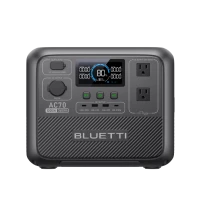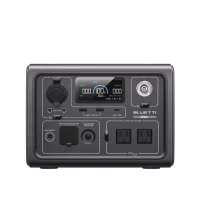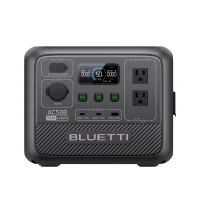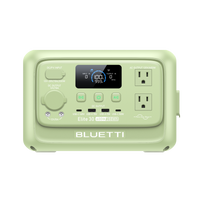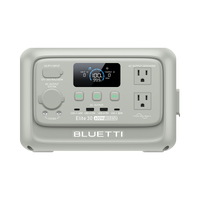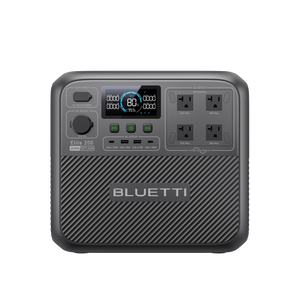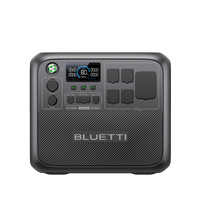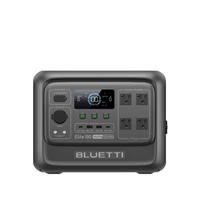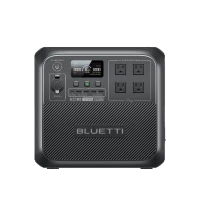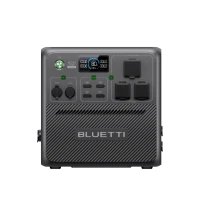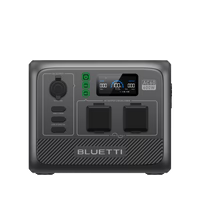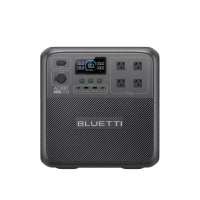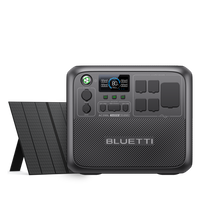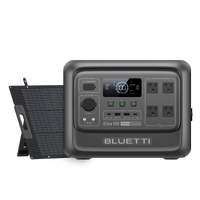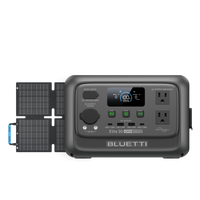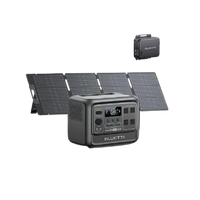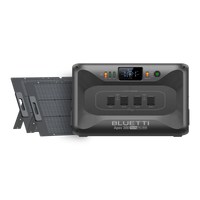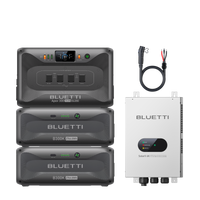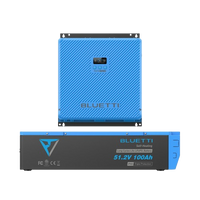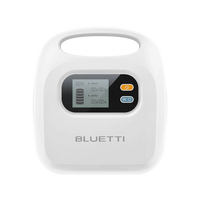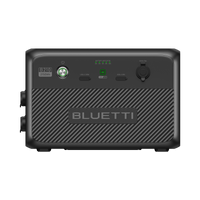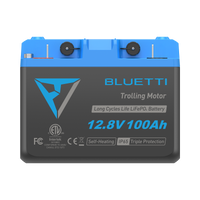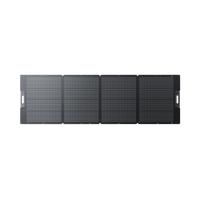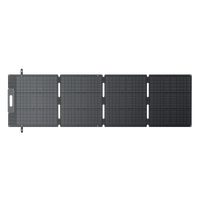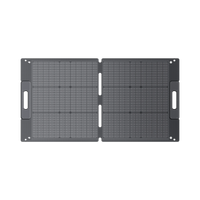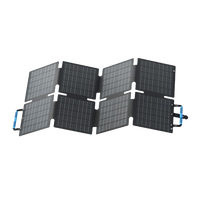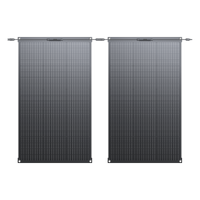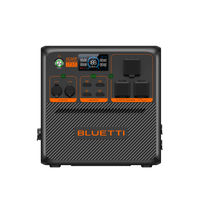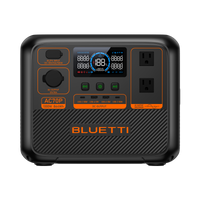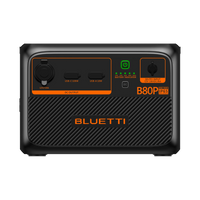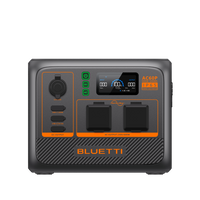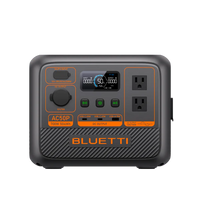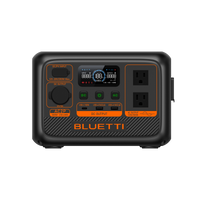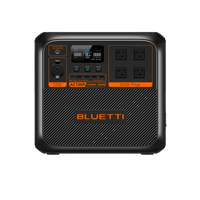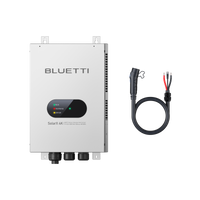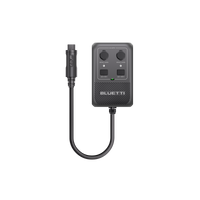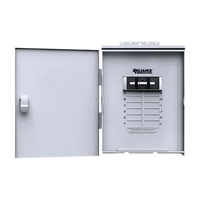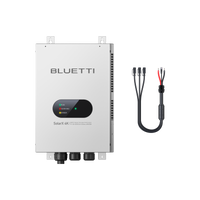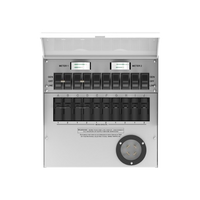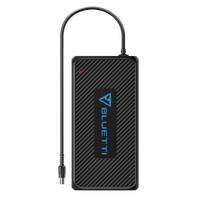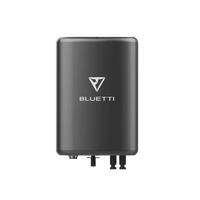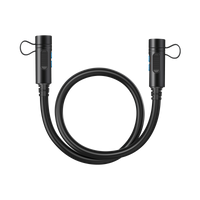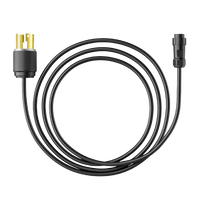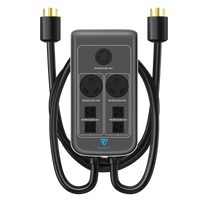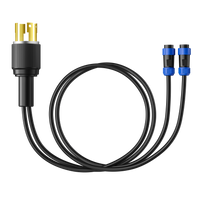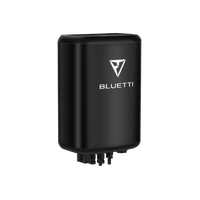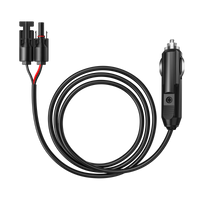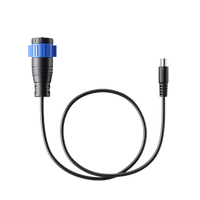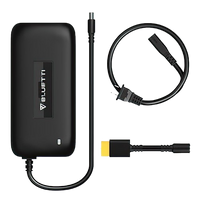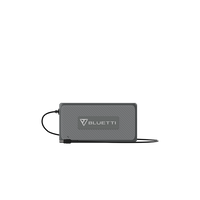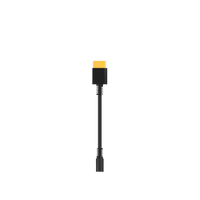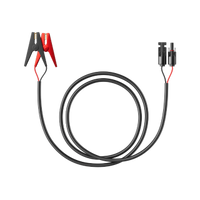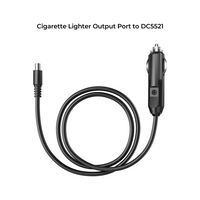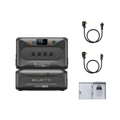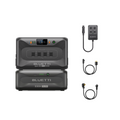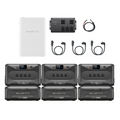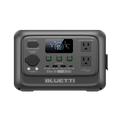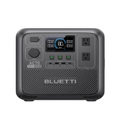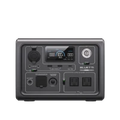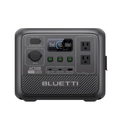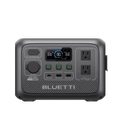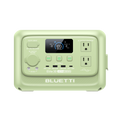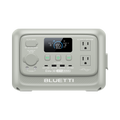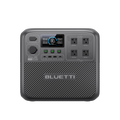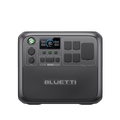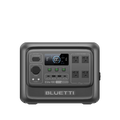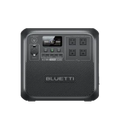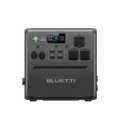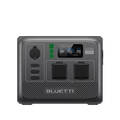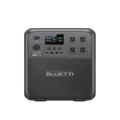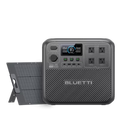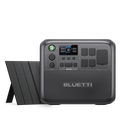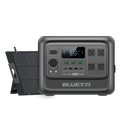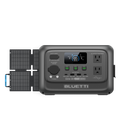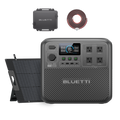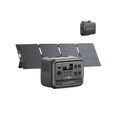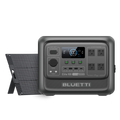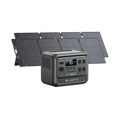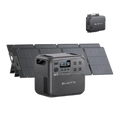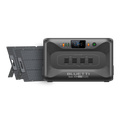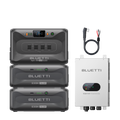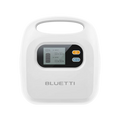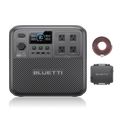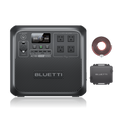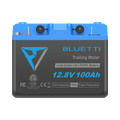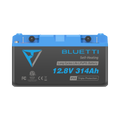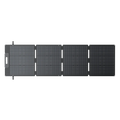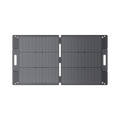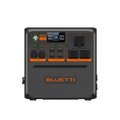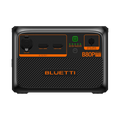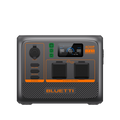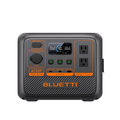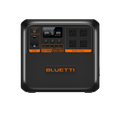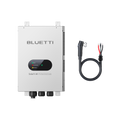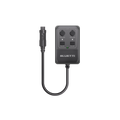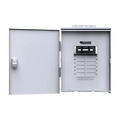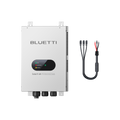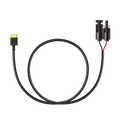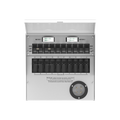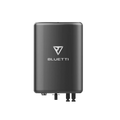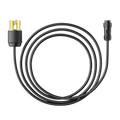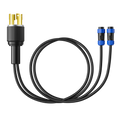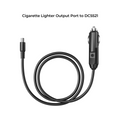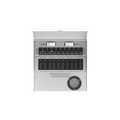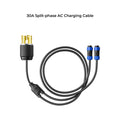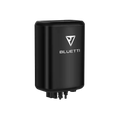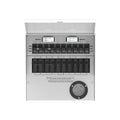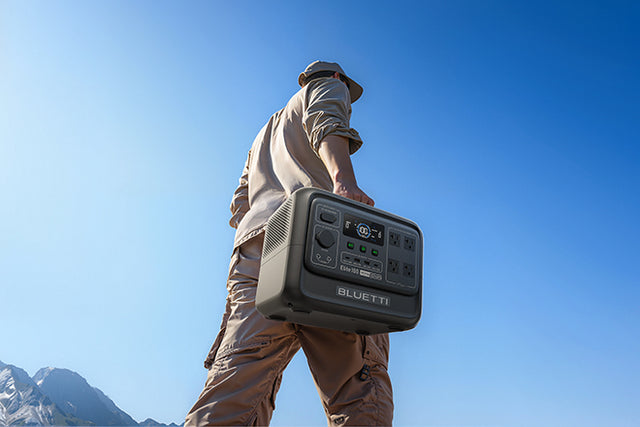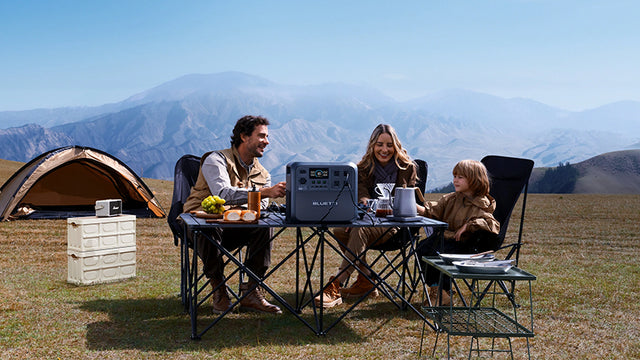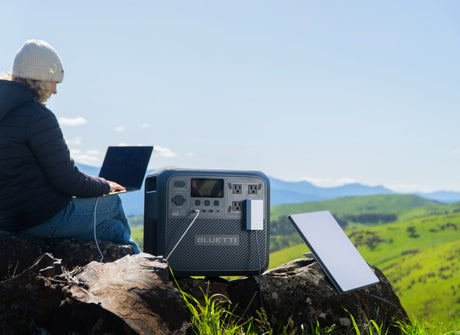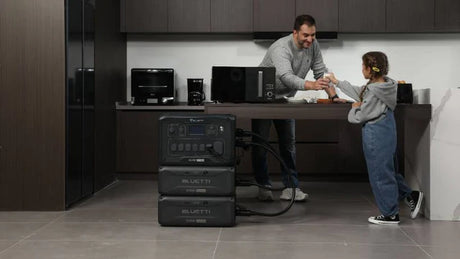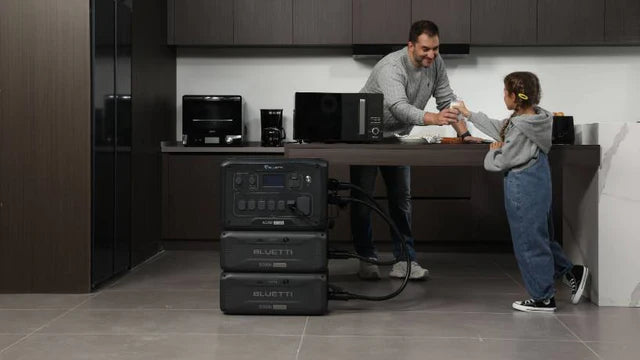La consommation d'énergie est un enjeu crucial pour les ménages du monde entier. Comprendre la consommation moyenne en kWh par foyer est essentiel pour une gestion efficace des coûts d'électricité et des choix éclairés en matière d'efficacité énergétique. Ce guide complet détaillera le concept du kilowattheure, analysera la consommation moyenne en kWh par foyer au Canada, dévoilera les facteurs influençant la consommation d'électricité résidentielle, abordera des stratégies pour réduire les dépenses d'électricité et évaluera la faisabilité de l'installation de générateurs solaires domestiques. Grâce à cette exploration approfondie, vous acquerrez des connaissances précieuses sur la dynamique de la consommation d'énergie en milieu résidentiel.
Qu'est-ce qu'un kilowatt-heure (kWh) ?
Embarquons pour un voyage passionnant au cœur de la consommation d'électricité domestique ! Mais d'abord, levons le voile sur le mystère du kWh. Imaginez-le comme une unité d'énergie magique, symbolisant la puissance d'un kilowatt qui illumine nos vies pendant une heure ! Cette unité standard est largement utilisée pour mesurer la consommation d'électricité dans les foyers, les commerces et autres environnements. La connaître est essentiel pour comprendre la consommation moyenne en kWh par foyer, dont nous parlerons plus loin.
Combien de kWh consomme en moyenne un foyer ?
Pour comprendre la consommation moyenne d'électricité par ménage (en kWh), il est essentiel de tenir compte de l'influence significative de divers facteurs tels que la situation géographique, la taille du logement et les pratiques d'efficacité énergétique. Cependant, il est possible de dégager quelques statistiques générales issues d'études menées au Canada au cours de la dernière décennie.
Selon cette étude :
- Une propriété canadienne typique consomme 11 135 kWh/an.
- En Alberta, une maison typique consomme 7200 kWh/an, un pourcentage de consommation plus faible en raison de l'utilisation importante du gaz naturel.
- Une propriété typique en Ontario consomme environ 9500 kWh/an.
Ces statistiques donnent un aperçu général des tendances de consommation d'électricité au Canada. Il est important de noter que ces chiffres représentent des moyennes et que la consommation d'électricité de chaque ménage peut varier selon sa situation particulière.
Outre la consommation globale, il est important de noter que certains appareils contribuent de manière significative à votre facture d'électricité. Toronto Hydro souligne que l'utilisation d'un climatiseur central peut s'avérer très coûteuse. Les appareils ménagers courants comme les chauffe-eau, les radiateurs électriques d'appoint et les fours sont de gros consommateurs d'énergie. À titre d'exemple, un chauffe-eau standard pour une famille de quatre personnes peut consommer environ 415 kWh par mois. Quant à une petite ampoule fluocompacte de 14 watts, si elle reste allumée en continu pendant un mois, elle peut facilement consommer environ 10 kWh. Par conséquent, bien qu'il soit bénéfique de faire attention à sa consommation d'énergie, se concentrer sur les appareils énergivores peut permettre de réaliser des économies plus substantielles.
En ce qui concerne la consommation d'électricité dans un appartement moyen, elle s'élève généralement à environ 467 kWh/mois pour un appartement de 950 pieds carrés, soit un total d'environ 5605 kWh/an.
Facteurs qui affectent votre consommation électrique domestique moyenne
De nombreux facteurs influencent considérablement les habitudes de consommation énergétique des ménages. Comprendre ces principaux facteurs est essentiel pour faire des choix éclairés en matière de consommation et d'efficacité énergétiques.Les principaux facteurs déterminants sont les suivants :
- Nombre d'habitants : Plus le nombre de personnes vivant dans un logement est élevé, plus la consommation d'électricité risque d'augmenter. L'ajout d'occupants entraîne une utilisation accrue des appareils électroménagers, de l'éclairage et des appareils électroniques, contribuant ainsi à une consommation d'énergie plus importante (en kWh).
- Niveaux d'efficacité énergétique de la maison : Les maisons mal isolées, équipées de fenêtres à simple vitrage et de joints d'étanchéité usés, ont tendance à perdre de la chaleur, ce qui oblige à utiliser en permanence le chauffage ou les radiateurs électriques. Améliorer l'isolation et adopter des pratiques écoénergétiques permet de réduire considérablement la consommation d'énergie.
- Le climat de votre région : Les climats froids nécessitent du chauffage, tandis que les climats chauds requièrent la climatisation. Les systèmes de chauffage et de climatisation consomment tous deux une quantité importante d'électricité. Il est donc essentiel de comprendre les besoins énergétiques liés au climat pour une gestion efficace de la consommation.
- Taille de votre maison : Les grandes maisons consomment généralement plus d'énergie pour le chauffage, la climatisation, l'éclairage et les autres appareils. Maîtriser sa consommation d'énergie est donc essentiel dans les habitations spacieuses afin d'éviter des factures d'électricité excessives.
- Consommation d'électricité et de gaz naturel : La consommation énergétique d'un ménage a un impact significatif sur la consommation globale. Les foyers utilisant l'électricité et le gaz naturel doivent équilibrer leur consommation afin d'optimiser leur efficacité énergétique.
Comment réduire vos factures d'électricité

Pour réduire sa facture d'électricité, il est possible de modifier ses habitudes de vie, de choisir les bons appareils électroménagers et d'améliorer son logement. Voici des stratégies efficaces pour diminuer sa consommation d'énergie et faire des économies sur ses factures d'électricité :
- Appareils économes en énergie : Investissez dans des appareils certifiés Energy Star qui consomment moins d'électricité sans compromettre leur fonctionnalité. Pour réaliser des économies à long terme, privilégiez les appareils économes en énergie !
- LED brillantes : Troquez vos vieilles ampoules à incandescence énergivores contre l'efficacité remarquable des LED. Ces ampoules consomment moins d'énergie, ont une durée de vie plus longue et dégagent très peu de chaleur, ce qui en fait un choix écologique.
- Isolation efficace : Prenez les mesures nécessaires pour bien isoler votre maison afin de minimiser les pertes de chaleur en hiver et de maintenir une température intérieure fraîche en été. Une bonne isolation réduit la charge de travail des systèmes de chauffage et de climatisation, ce qui permet de réaliser des économies d'énergie.
- Thermostats intelligents : Installez des thermostats intelligents pour un contrôle précis du chauffage et de la climatisation. Ces appareils vous permettent de programmer des horaires, de régler la température à distance et d'optimiser votre consommation d'énergie en fonction des habitudes d'occupation.
- Débranchez les appareils : De nombreux appareils électroniques consomment de l'énergie lorsqu'ils sont branchés, même en mode veille. Débranchez les chargeurs, les appareils électroménagers et les appareils électroniques lorsqu'ils ne sont pas utilisés afin d'éliminer la consommation d'énergie fantôme.
- Maintenance régulière : Un entretien régulier de vos systèmes de chauffage, de ventilation et de climatisation garantit leur performance optimale. Le nettoyage régulier des filtres, la maintenance des équipements et la réalisation rapide des réparations nécessaires permettent de minimiser le gaspillage d'énergie.
- Installation de panneaux solaires : Envisagez l'installation de panneaux solaires sur votre propriété pour exploiter l'énergie renouvelable du soleil. Adopter l'énergie solaire réduit considérablement la dépendance au réseau électrique, ce qui se traduit à terme par d'importantes économies d'énergie.
L'achat d'un générateur solaire domestique est-il judicieux ?
Face à une prise de conscience environnementale croissante, la transition vers des solutions énergétiques durables est de plus en plus attrayante. L'apparition des générateurs solaires domestiques a suscité un vif intérêt dans le domaine des énergies renouvelables. Ces systèmes offrent une méthode écologique et efficace pour alimenter votre maison, réduisant ainsi votre dépendance au réseau électrique conventionnel et permettant potentiellement des économies à long terme. Pour vous aider dans votre choix, examinons de plus près trois modèles haut de gamme proposés par BLUETTI et mettons en lumière leurs avantages spécifiques.
1. Kit générateur solaire BLUETTI AC200P + 3 * PV200

Le Kit générateur solaire BLUETTI AC200P + 3*PV200 Ce kit complet répond à divers besoins énergétiques. Doté d'un onduleur à onde sinusoïdale pure de 2 000 W et d'une batterie de 2 000 Wh, il est idéal pour une utilisation de secours et pour les activités de plein air. Ses principaux atouts sont :
- Sorties multiplesCe kit dispose de 17 sorties, permettant de brancher simultanément divers appareils, notamment des cafetières, des grils électriques, des climatiseurs, etc.
- Options de recharge polyvalentes: Le kit AC200P, doté de 7 modes de recharge (solaire, secteur, voiture et générateur), assure une alimentation électrique continue, même en l'absence de réseau électrique.
- Écologique et économiqueFonctionnant à l'énergie solaire propre, sans gaz et silencieuse, ce kit réduit votre impact environnemental tout en offrant une solution économique pour vos besoins énergétiques.
2. BLUETTI AC300 + 2B300 + 3Kit générateur solaire PV200

Le BLUETTI AC300 + 2B300 + 3Kit générateur solaire PV200 Ce système est extrêmement performant, avec un onduleur à onde sinusoïdale pure de 3 000 W et une capacité de 6 144 Wh (extensible jusqu’à 12 288 Wh pour 4 unités AC300). Modulaire, il offre flexibilité et évolutivité, ce qui le rend idéal pour l’alimentation de secours à domicile et les habitations hors réseau. Ses principaux avantages sont :
- Conception modulaire: L'AC300 est 100% modulaire, permettant l'ajout de jusqu'à 4 modules de batterie B300, offrant une capacité totale extraordinaire de 12 288 Wh.
- Taux d'entrée flamboyantAvec une puissance d'entrée maximale de 5400 W, combinant charge solaire et charge CA, ce kit offre une charge rapide, garantissant que votre station d'alimentation est toujours prête en cas de besoin.
- Connexion 240VAvec le Fusion Box Pro, vous pouvez connecter plusieurs unités AC300 pour une sortie de 240 V/6 000 W, répondant ainsi aux besoins des appareils à forte puissance et aux besoins essentiels de la maison.
3. Kit générateur solaire BLUETTI AC200MAX + 3 * PV200

Le Kit générateur solaire BLUETTI AC200MAX + 3*PV200 Il s'agit d'une solution compacte et performante dotée d'un onduleur à onde sinusoïdale pure de 2 200 W et d'une capacité de 2 048 Wh (extensible à 8 192 Wh avec 4 B300). Ce kit offre une polyvalence et des options de charge exceptionnelles. Ses principaux avantages sont :
- Capacité extensible: L'AC200MAX prend en charge jusqu'à deux modules de batterie BLUETTI B230 ou B300, augmentant la capacité totale à un impressionnant 8192Wh (pour 4XB300), assurant une alimentation électrique durable.
- Plusieurs options de rechargeAvec une puissance d'entrée solaire maximale de 900 W et de 400 W via l'adaptateur, ce kit permet une charge flexible et efficace, garantissant une recharge rapide de votre station d'alimentation.
- Polyvalence des prisesAvec ses 16 prises, dont une prise NEMA TT-30 de 30 A et une puissante prise CC de 12 V 30 A, ce kit convient à une large gamme d'appareils, ce qui le rend adapté à diverses applications, y compris pour les amateurs de camping-cars.
Ces générateurs solaires constituent une source fiable d'énergie propre, réduisant ainsi la dépendance au réseau électrique traditionnel. Ils sont particulièrement avantageux lors des coupures de courant, garantissant une alimentation électrique continue pour les appareils essentiels. De plus, les générateurs solaires contribuent à la protection de l'environnement en réduisant les émissions de carbone liées à la production d'électricité à partir de combustibles fossiles.
Avant d'acheter un générateur solaire domestique, il est essentiel d'évaluer vos besoins énergétiques, l'ensoleillement disponible dans votre région et votre budget. Vérifiez que les capacités du générateur solaire correspondent à vos besoins en électricité. Opter pour un générateur solaire permet de réduire vos factures d'électricité et contribue à un avenir plus respectueux de l'environnement et durable.
Dernier mot
Comprendre la consommation moyenne d'électricité par foyer (en kWh) est essentiel pour maîtriser sa consommation et réduire ses factures. En adoptant des pratiques écoénergétiques, en investissant dans des appareils respectueux de l'environnement et en envisageant des solutions d'énergies renouvelables comme l'énergie solaire, les ménages peuvent réaliser des progrès considérables en matière de développement durable et d'économies. Face à la transition énergétique mondiale, les propriétaires jouent un rôle crucial dans la construction d'un avenir plus vert. En faisant des choix éclairés concernant leur consommation d'énergie, chacun contribue significativement à la préservation de l'environnement et à la création d'une société plus économe en énergie.








